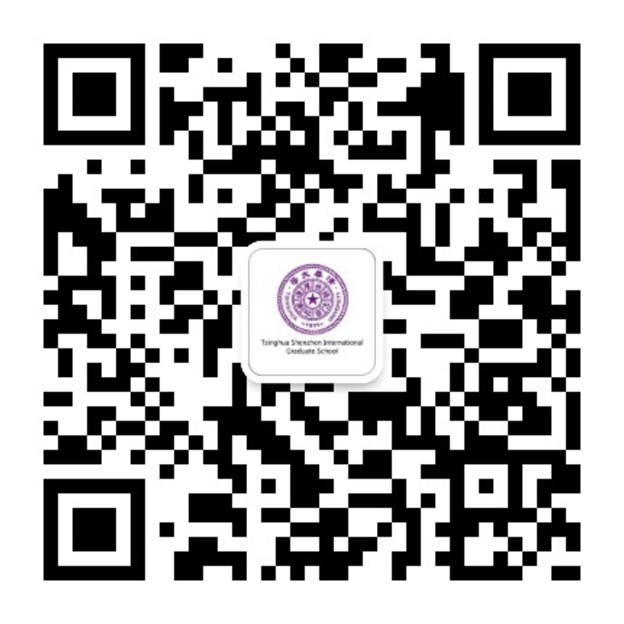The Seminar on Healthcare Service Management for the Belt and Road Countries, organized by the Ministry of Commerce and hosted by Tsinghua University, recently concluded with a closing ceremony. The program was implemented by the Tsinghua Shenzhen International Graduate School (SIGS) and the Institute for Hospital Management of Tsinghua University.
The two-week program brought together 24 senior health officials and hospital managers from eight countries, including Cameroon, Uganda, and Panama. It combined theoretical learning with practical case studies and field visits, serving as a significant platform for deepening cooperation in building a Health Silk Road.
Ouyang Zheng, Dean of SIGS, addressed the ceremony, emphasizing that the Belt and Road Initiative serves not only as a path for economic development but also as a bridge for healthcare cooperation and cultural exchange. He highlighted Tsinghua University's commitment to aligning with national development and showcased China's public health practices and the future of its health industry through this program.
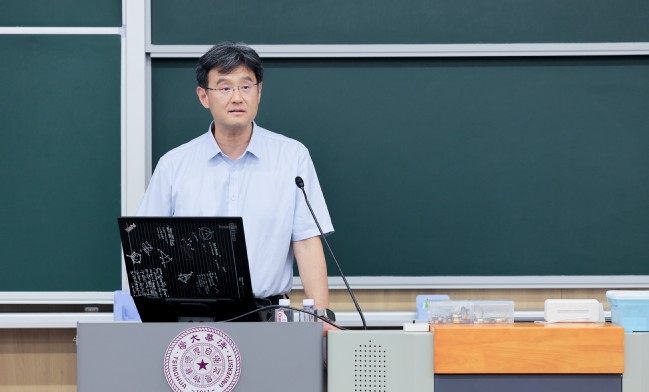
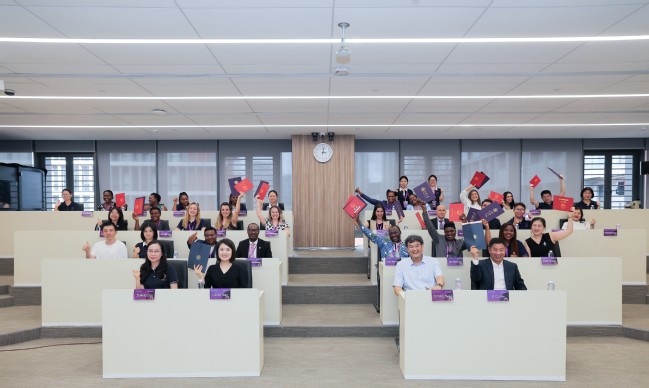
Strengthening Management and System Building
Participants gained a comprehensive understanding of China's healthcare system structure and policy evolution. They engaged in discussions on topics such as medical emergency response mechanisms during disasters, led by Professor Zhang Zongjiu.
Field visits provided first-hand experience. At National Clinical Research Center for Infectious Diseases of Shenzhen Third People's Hospital, participants observed coordinated mechanisms for major infectious disease prevention and clinical research. A visit to Zhuozheng Medical offered insights into the role of private medical institutions. A two-day deep dive in Wuzhou, Guangxi, allowed the group to study the Wuzhou Red Cross Hospital's practices in nasopharyngeal cancer prevention, digital health, and precision medicine, as well as innovative integration of treatment and prevention models at local community and township health centers.
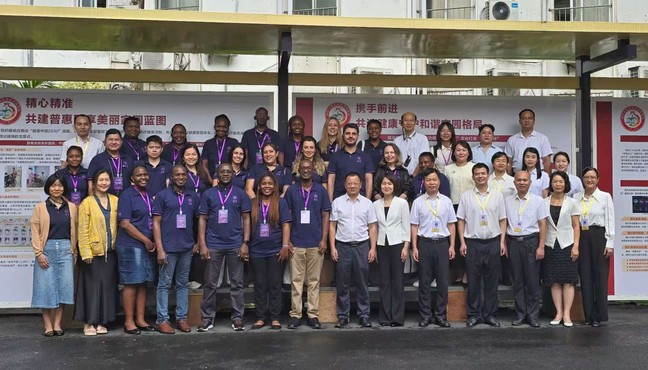
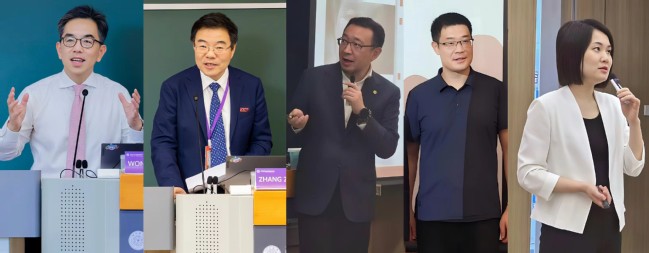
Wong Tien Yi, Zhang Zongjiu, Wang Haibo, Ma Shaohua, and Jiang Nan instructing participants (from left)
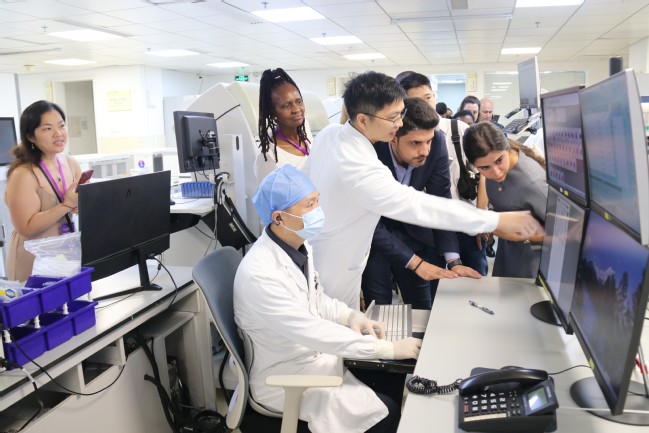
Leveraging AI for the Future of Medicine
The program dedicated significant focus to the role of Artificial Intelligence in reshaping healthcare. Courses by Wong Tien Yin, dean of Tsinghua Medicine, and Wang Haibo, dean of the National Human Tissue and Organ Transplantation and Medical Big Data Center of National Health Commission of the People’s Republic of China, outlined AI's frontier applications in medical imaging, diagnostics, and hospital management.
Visits to Tencent and Mindray showcased real-world applications. Participants experienced how AI models are optimizing diagnosis and treatment processes and learned about the innovation behind China's high-end medical equipment. Lab tours at Tsinghua SIGS and the Shenzhen Institutes of Advanced Technology at Chinese Academy of Science demonstrated the translation of scientific breakthroughs, like those in brain science, into clinical applications. The program also fostered discussions on the safety, reliability, and equitable governance of medical AI, emphasizing international cooperation to bridge technological divides.
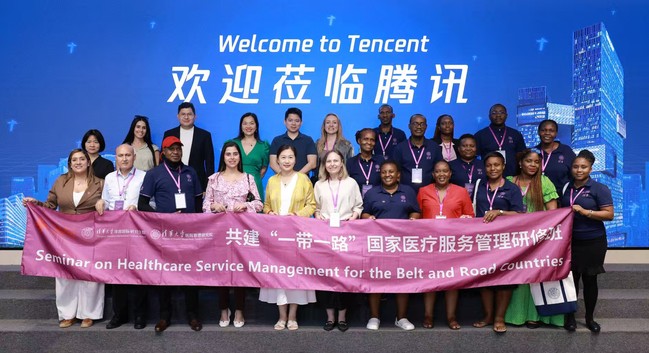
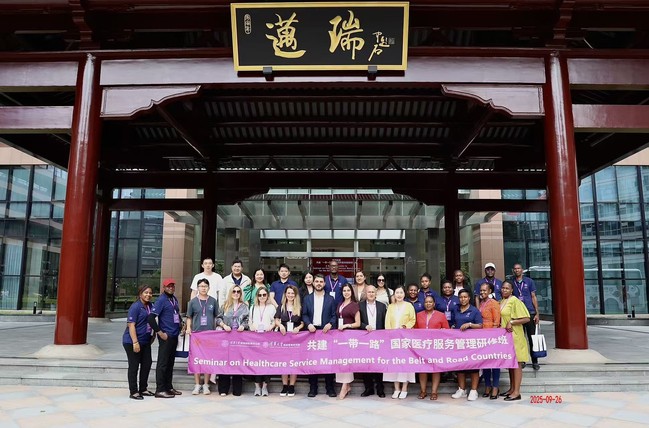
Integrating Traditional Wisdom and Pharmaceutical Innovation
The program highlighted China's unique path of upholding tradition while driving innovation in medicine. Participants learned about Traditional Chinese Medicine theories and their modern value, showing particular interest in concepts like preventive treatment.
In the field of precision medicine, they explored technology-driven drug development. A visit to Shenzhen Ausa Pharmed illustrated the complete journey of innovative drugs from clinical research to industrialization. At a Wuzhou Traditional Chinese Medicine (TCM) base, they witnessed the integration of traditional medicine with the modern health industry.
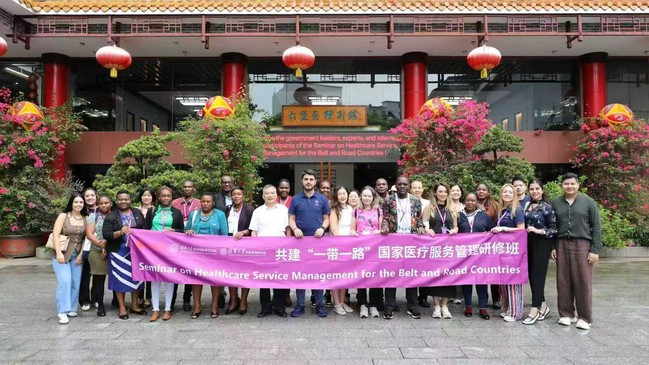
Immersing in Reform and Development
To better understand the context of China's healthcare achievements, participants visited the Shenzhen Reform and Opening-Up Exhibition Hall, gaining appreciation for the spirit of innovation that drives development. Experiences ranging from Wuzhou's blend of TCM and rural revitalization to the vibrant tech ecosystem of Shenzhen Huaqiangbei offered a multifaceted view of China's regional development stories.
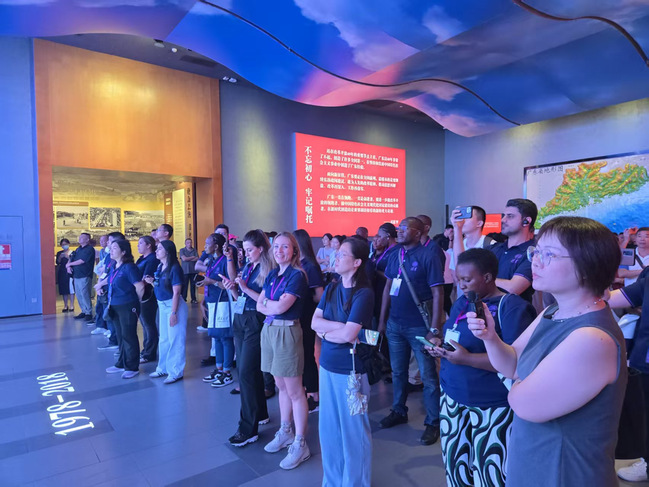
This training program stands as a practical contribution to global health governance and a community with a shared future for mankind. It has further deepened practical cooperation in healthcare with Belt and Road Initiative partner countries, cultivating high-quality medical management talent and contributing Tsinghua's wisdom and strength to the continued construction of the Health Silk Road.
Source: Training College
Edited by Chen Jundou & Peng Bin
Reviewed by Chen Bing & Lin Zhoulu


